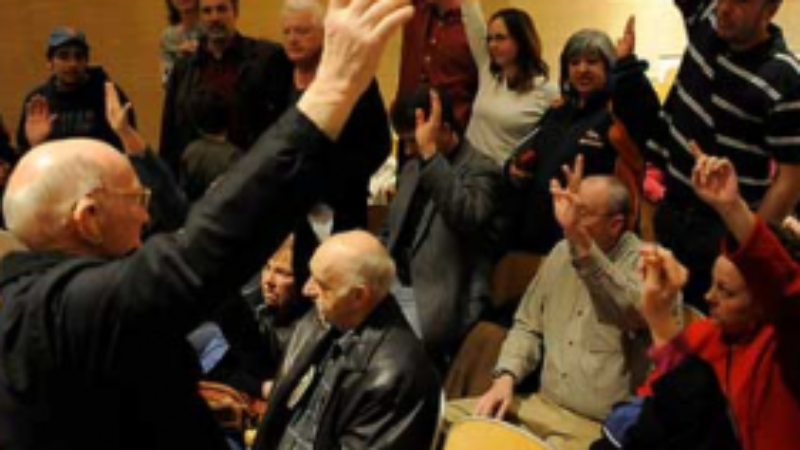
At times in its history the Labour Party has captured the mood and appeared to offer the route to change – an Obama 2008 style hope for a better future.
If capable and passionate people aren’t engaging now what are the reasons for this, and why are they going elsewhere – whether online to organisations such as 38degrees or to single issue groups like Friends of the Earth? There are a few obstacles that Labour could address fairly easily.
First, the Labour Party is all too often a 20th century organisation trying to play a 21st century game. Local party participation in any meaningful sense means living in the same area for an extended period so that relationships can be formed through attendance at ward and constituency meetings yet, especially for younger people who are mobile due to work changes or simply housing costs, this can be an effective barrier to participation. The lack of flexibility and the need to attend ‘one size fits all’ meetings which are invariably run by those who have been around longest and are most resistant to change can mean that its hard to engage in any real way with the local party.
Second, local parties often seem far removed from both the national party and leadership, and from the bigger issues (the things that make us angry, that are the drive for us to engage in politics at all). If I’m angry about NHS reform, about our failure to grapple with the environmental crisis, or by our national treatment of asylum seekers and the media’s portrayal of them, why should I see the way to address this as a ward meeting dominated by last month’s minutes, or a GC spent debating what seems to be a pointless motion? People engage politically because they want to change things; unless local participation offers this – and quickly once newcomers arrive – the majority will go on their way.
Third, there needs to be a resurgence of democracy within the Labour Party. Leaders need the freedom to lead, but there needs to be a much higher recognition of the abilities, contribution and value of party members. People won’t join to become an audience for a distant and unaccountable leadership or national executive, but they will join if they feel that their voice can be heard, and if they feel that membership gives them the ability to be part of creating a better Britain.
My favourite aid work tagline is from Plan: ‘Be part of it’. It’s a welcoming, ‘come and join in’ message. The Labour Party needs to give a similar invitation, and then offer practical means for this to be worked out. This has to go beyond canvassing and attending meetings which have no clear point beyond their own existence. Many people in Britain are hungry for change – hence interest in devolution, in protecting forests and the NHS, in honest and accountable media and politicians. The Labour Party needs to work out how to say ‘change is this way – come join in’. We’re a long way from that point – in offering a coherent narrative of what change looks like, and in offering people meaningful ways of helping to create that change.
This post is part of a series produced by LabourList and Labour Values.





More from LabourList
‘Council Tax shouldn’t punish those who have the least or those we owe the most’
Two-thirds of Labour members say government has made too many policy U-turns, poll reveals
‘Two states, one future: five steps on the path to peace for Israelis and Palestinians’